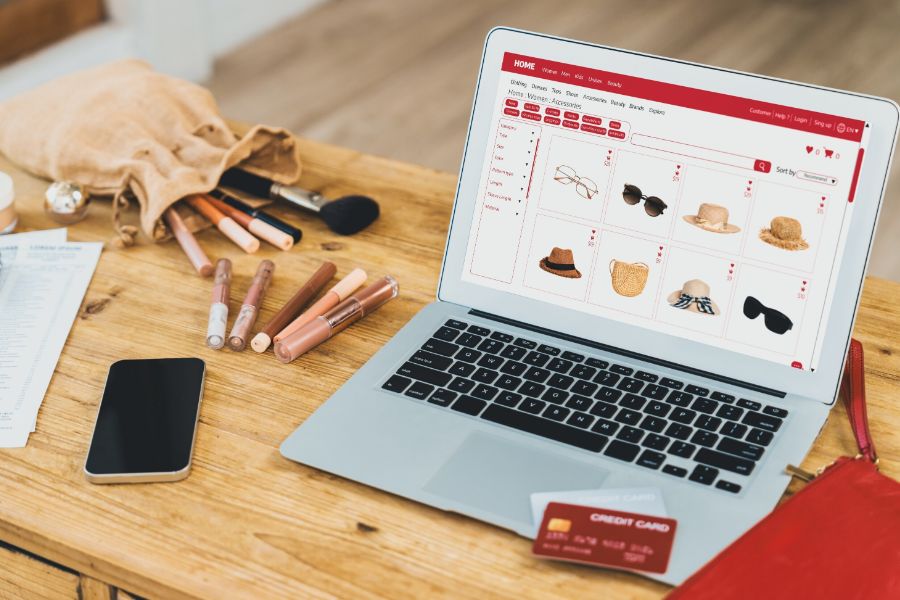Retailers might have heard about the periodic and perpetual method in tracking inventory. Choosing one system seems like an inconsequential decision but it can have a significant impact, which is how easy and accurate the inventory management is.
Suppose a retail business can not keep an eye on the number of available products. In that case, they may have to face overstocking, excess warehouse cost, and the inability to forecast new trends. Besides, poor inventory management leads to customer dissatisfaction because of delivery delays and outdated products. In today’s article, we will present with you the two systems to track inventory – periodic and perpetual. We’ll also show you how to choose a well-fitted method with your store.
What is Periodic inventory vs. Perpetual inventory?
Overall, periodic and perpetual inventory are two accounting methods that businesses use to keep track of the number of products on hand.
Periodic Method
This system applies an occasional physical count to determine the ending inventory balance and the cost of goods sold (COGS). The inventory account and COGS account are updated at the end of a period, for example after a month, a quarter, or a year.
Basically, you can calculated the cost of sold goods with the formula :
The beginning cost of inventory + Cost of inventory purchases – Cost of ending inventory = Cost of goods sold
Perpetual Method
Whenever you receive or sell a product, the perpetual system keeps a continual track of inventory balance, which the inventory will instantly update.
The inventory account will record actual purchases and sales. The perpetual system also instantly updates the cost of goods sold when a sale is made. Therefore, store owners won’t take too much time and effort to determine the cost of goods sold based on the formula and calculator.
What’s Differences: Periodic vs Perpetual Inventory Method
Computer Systems
While a simple periodic system allows for manual record-keeping, a perpetual system requires software to implement. In fact, there will be thousands of daily transactions that the perpetual method can record in real time. If a seller manually maintains the record, it is not only takes a considerable time but also facing a high risk of wrong calculations due to human error. Therefore, the perpetual method needs the support of technological advancements in the inventory tracking process.
Inventory-related transactions
Perpetual inventory system records transactions in detail at the individual unit level. In contrast, the periodic method aggregates all the information regarding inventory at the end of the accounting period.
Recommendations
If you are running a small business with low sales volume and ease of manual tracking inventory, you can save your budget by using a periodic system. In fact, a perpetual inventory system will be costly due to the acquiring of technology and staff for its operation.
On the other hand, a multi-store and medium-sized or large business should apply the perpetual inventory system. That’s because technology integrated into the system will help to identify errors regarding inventory and display all transactions made by an individual customer. Moreover, the quantity of goods on hand at various locations is clearly presented which allows managers to make appropriate timing of purchase and forecast the upcoming trend.
The bottom line,
If you are trying to keep track of your products by hand, we recommend that you use the periodic system. For other businesses, it is better to apply technology, such as POS (Point-of-sales) system, to implement the perpetual method for better inventory management. Contact us to grab more information on retail business and cutting-edge technology!



